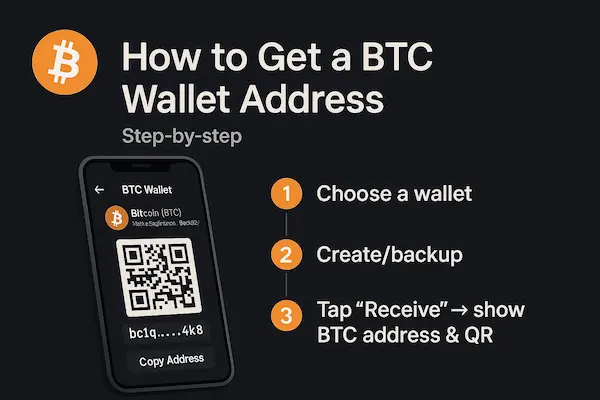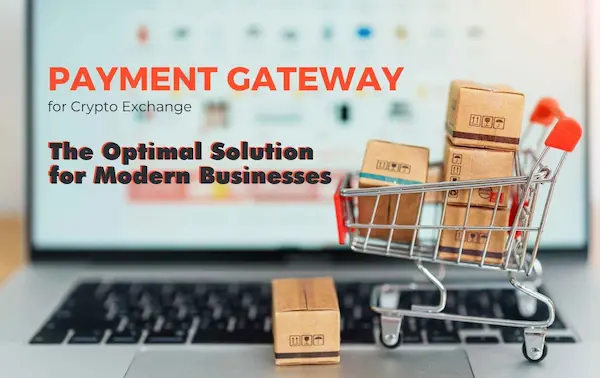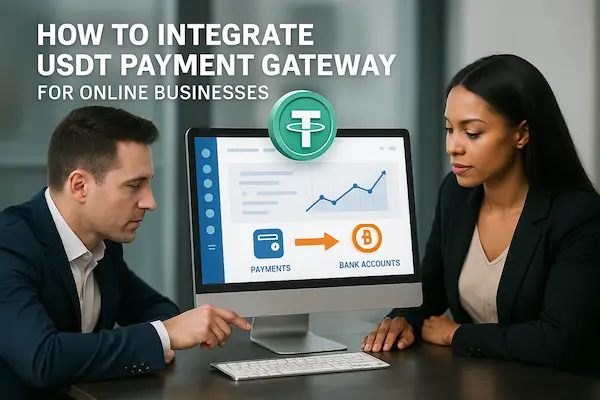Contents
1. How to accept crypto payments?
Grasping “how to accept crypto payments?” can significantly enhance your business’s flexibility and appeal. Accepting crypto payments allows you to tap into a growing customer base of tech-savvy individuals who prefer to handle their transactions in digital forms rather than cash. Setting up a digital wallet, selecting a payment processor, and ensuring your website or point-of-sale device can accept these cashless transactions are essential steps in this process.

Crypto payments for business
Crypto payments are becoming increasingly popular among businesses. By offering cryptocurrency payment options, your business can attract more tech-savvy customers, thereby expanding your market. Furthermore, cryptocurrencytransactions can help reduce transaction costs and chargebacks compared to traditional payment methods, ultimately saving your business money.
Blockchain
Blockchain refers to a decentralized, distributed ledger technology designed to securely store transactions across multiple computers. Through cryptographic hashing, blockchain ensures that transaction data remains tamper-resistant, providing a secure system for handling cryptocurrency transactions. Blockchain has extended beyond cryptocurrencies into various fields such as finance, e-commerce, logistics, and healthcare, revolutionizing how information is handled and distributed.

Cryptocurrency
Cryptocurrency is a type of digital or virtual currency that uses cryptography to secure financial transactions. Unlike traditional currencies issued by governments, cryptocurrencies operate in decentralized systems, meaning they are built on blockchain technology, which ensures transparency and immutability. Popular examples include Bitcoin and Ethereum, both of which are transforming the financial landscape.

Nodes and miners
In blockchain technology, nodes and miners play a critical role in maintaining the integrity and security of the network.
-
Nodes are individual computers that store a full copy of the blockchain and validate transactions, ensuring the network’s security and reliability.
-
Miners use powerful computing systems to solve complex mathematical equations, adding new blocks to the blockchain. For their efforts, miners are rewarded with cryptocurrencies. This process, known as mining, helps maintain the decentralization of the system.

Public addresses and private keys
To facilitate crypto payments, you need public addresses and private keys:
- Public Address: This is the wallet’s identity, a combination of letters and numbers, where others can send you cryptocurrency.
- Private Key: This is a confidential code that only you should know. It grants you access to your funds and allows you to sign transactions. Keeping your private key secure is crucial, as anyone who gains access to it can control your cryptocurrency.
Wallets
Cryptocurrency wallets are essential for managing and securely storing digital currencies. There are several types of wallets, including hardware, software, and mobile wallets, each offering different levels of security and convenience. The type of wallet you choose depends on your priorities—whether it’s security, ease of use, or mobility.
Cryptocurrency payment gateway
A cryptocurrency payment gateway is a digital platform that allows businesses to accept payments in various forms of digital currencies. It acts as an intermediary, processing transactions and converting virtual currencies into fiat currencies whenever necessary. cryptocurrency payment gateway, offer integration tools for e-commerce sites, ensuring smooth and effective functionality. By accepting crypto payments, businesses can offer more payment options to their customers, while also increasing their operational flexibility.
2. How to accept cryptocurrency payments as a business
Following these nine steps will guide you through the process of accepting cryptocurrency payments in your business.
Step 1 – Select your provider
The first step in how to accept cryptocurrency payments is to choose the right provider. The key factors to consider when selecting a payment provider are security, fees, and the supported cryptocurrencies. Choose a provider that aligns with your business needs and offers strong integration options. They should comply with relevant regulations to ensure transaction security and provide reliable customer support, ensuring smooth operations for your business.
Step 2 – Integrate into your website
Integrating cryptocurrency payments into your website can significantly expand your payment options and make your business more attractive to a global audience. A reputable cryptocurrency payment gateway can facilitate transactions with various digital currencies, providing a modern and seamless payment solution for your customers. This integration not only enhances customer loyalty but also strengthens your business’s competitive edge in the growing digital economy.
Step 3 – Optimise for conversion
To effectively accept cryptocurrency payments, it’s important to optimize the conversion process. The checkout should be user-friendly, making it easy for customers to complete transactions. A smooth and fast process, with lower transaction fees, will encourage repeat purchases. By optimizing this step, businesses can increase revenues while improving customer satisfaction and overall user experience.

Step 4 – Payment selection
When deciding which digital currencies to accept, businesses should consider their customer base and transaction needs. Factors like transaction fees, volatility, and integration with existing payment systems should all be taken into account. The goal is to offer a wide range of cryptocurrencies, giving customers more payment options and improving satisfaction. This flexibility helps businesses attract a broader audience and increase sales potential.
Step 5 – Checking payment details
When examining bitcoin transaction payment information as part of your company, ensure the supplied payment address is correct so that your business doesn’t lose money. Ensure that you validate the transaction amount and make sure its similarity with invoice or payment request. In addition, check the blockchain for its transaction status in order to ascertain if it was completed and well received.
Step 6 – Making the payment
The first step in paying for anything via crypto is to determine whether or not your business has a compatible wallet or payment processor specifically designed for the type of cryptocurrency that you want to accept. Then give a unique address or QR code to the customer for them to complete the transaction. After payment has been made, it’s important to verify and confirm the transaction on the blockchain in order that funds are safely transferred.
Step 7 – Payment processing
The ability to swap an electronic currency to another fiat or property of some kind makes it so simple; it gets rid of so many worries that come with such procedures like paying for goods. Secure payment gateways are usually integrated in this process which mainly deals with transaction verification and authorization. For any business out there who want an effective means of running their finances, they should look into this option because it allows them to penetrate into wider and more technologically inclined markets.

Step 8 – Confirmation
In cryptocurrency payments, confirmation signifies the step that the blockchain uses to authenticate as well as validate a transaction. To establish legitimacy and prevent double-spending, each transaction demands a specific number of confirmations. For companies, getting these confirmations is important in ensuring their payments are secure and irreversible before they proceed to fulfill orders or provide services.
Step 9 – Settlement
Finalizing transactions and making sure that money goes from the customer to the business is called settlement in cryptocurrency payments. This is an important step for accurate financial record keeping as well as confirming the successful completion of payments. Efficient settlement processes can greatly reduce delays and minimize risks associated with cryptocurrency transactions, thereby enhancing overall operational efficiency.
3. Frequently Asked Questions (FAQs)
What is the first step to accepting crypto payments?
Set up a digital wallet, which allows you to receive and manage cryptocurrency.
Do I need a special merchant account for crypto payments?
No, however you can use a crypto payment processor so the process would be much easier.
What’s the method for changing crypto payments into traditional cash?
You can utilize a cryptocurrency exchange to convert your cryptos to their native pieces of money.
Is there a cost when your business turns into a Bitcoin accepting merchant?
Yes, surely there is also transaction costs and conversion charges might come up.
Cryptocurrency payments: are they secure indeed?
In fact, you have to make sure to employ trusted payment processing systems and engage in most recommended habits of wallet safety.
4. Conclusion
If you want to successfully respond to the question “how do we accept crypto payments?” you need first of all set up a safe digital wallet and select a dependable cryptocurrency processing service. By use of such tools transaction management as well as conversion becomes easier thus enhancing their flow as well as efficiency. There is no alternative in this regard; otherwise your company may remain stagnant while others grow in the constantly changing world of finance.










